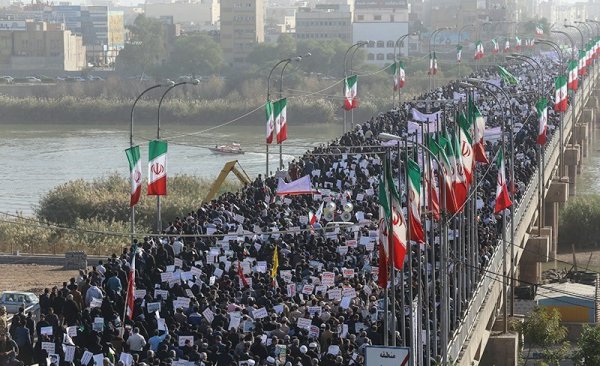Free Syria events in New York City
The group Syria Solidarity New York City will feature a screening of the VICE/HBO film Assad’s Syria, a documentary depicting life under brutal dictatorship and war conditions. Followed by a discussion with Malek Rasamny, a journalist and film-maker with experience on the ground in Syria. We will examine the causes of the refugee crisis, and what we as part of the world community can do to help. April 27, 6:30 PM at Word Up Community Book Shop, 2113 Amsterdam Ave. (at 165 St.), Washington Heights, New York City.. Syria Solidarity NYC also holds a Weekly Syria Peace Vigil every Friday at from 6-8 PM in Union Square Park.




